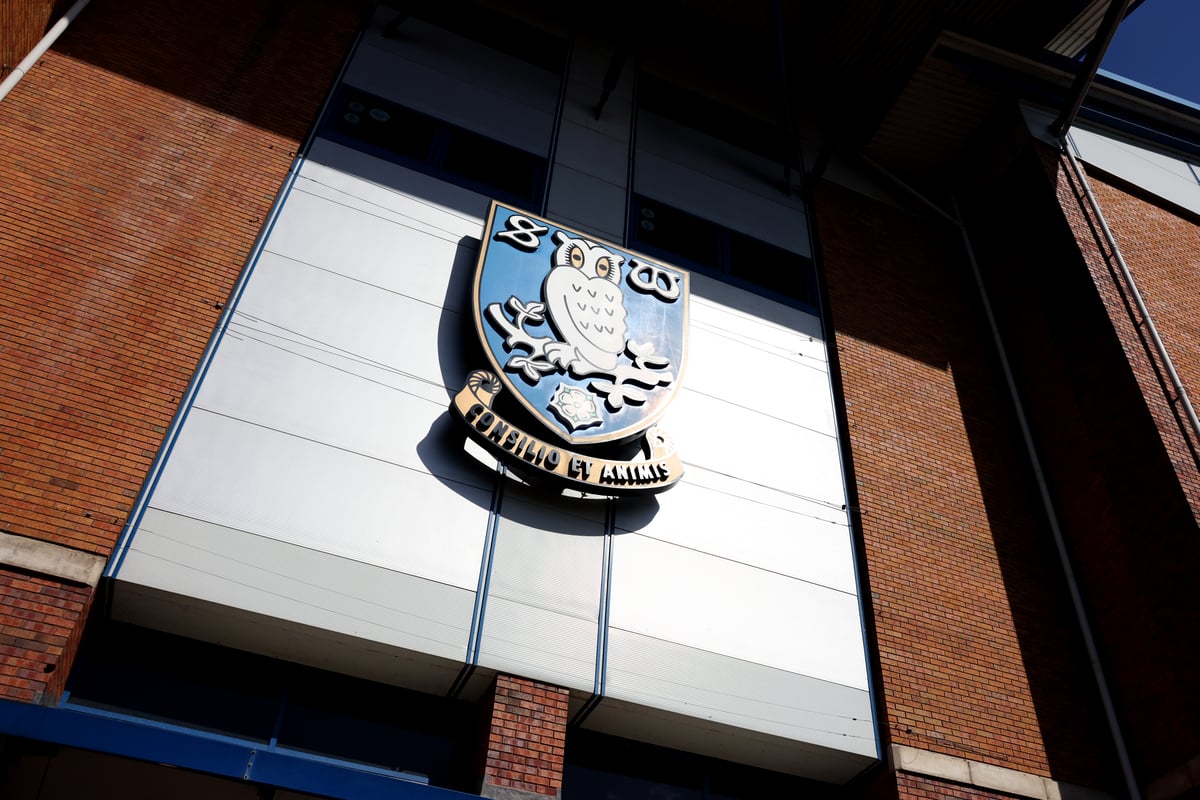Sheffield Wednesday finds itself embroiled in a deepening financial crisis, with fresh revelations indicating yet another widespread payment failure impacting employees across all levels, from the pitch to the administrative offices. This persistent issue underscores the severe financial pressures currently engulfing the historic club, casting a dark cloud over its immediate future and competitive standing in Championship football.
The Owls have faced significant financial struggles for an extended period, leading to stringent sanctions from football authorities for their repeated failure to meet critical obligations. These obligations extend beyond merely staff wages to include dues owed to other clubs and essential payments to HMRC, highlighting a systemic problem within the club’s financial management that has attracted considerable scrutiny and concern.
The latest blow comes as players were reportedly warned against expecting the prompt payment of their July wages on the anticipated payday of July 31st. This marks a critical development in the ongoing wage crisis at Sheffield Wednesday, creating an atmosphere of uncertainty and frustration among the playing squad, a core component of any professional football club’s operations.
The announcement regarding the delayed club payments has sparked a furious reaction from the players, with credible threats emerging of a refusal to participate in the upcoming weekend’s friendly fixture against Burnley. Such an action would not only disrupt pre-season preparations but also send a stark message about the severity of the situation and the players’ profound dissatisfaction with the club’s handling of their financial remuneration.
Disturbingly, the wage crisis is not confined to the first-team squad; The Star understands that non-playing football staff and other non-football employees have received similar notifications regarding late club payments. This broad impact suggests a pervasive football finance problem affecting the entire organizational structure, indicating a deeper systemic issue than isolated incidents.
Previous months saw non-football employees receiving partial wage payments, specifically £700, on at least one occasion, a temporary measure to mitigate the immediate impact of the financial shortfalls. However, current correspondence from the club makes no mention of a similar staggered payment structure, raising concerns that this delay could be more comprehensive and impactful than past instances.
In an apologetic email, the club has acknowledged the inconvenience and thanked employees for their unwavering dedication amidst these turbulent times. While reassuring staff that all payments will eventually be made, the communication explicitly states that these will be delivered late, further exacerbating the financial uncertainty for many individuals reliant on these timely disbursements.
Crucially, the club has also made reference to an “emergency fund” established to assist those employees facing immediate financial hardship due to the delays. This initiative, while offering some relief, simultaneously underscores the gravity of the wage crisis at Sheffield Wednesday, indicating that the situation is sufficiently dire to warrant direct intervention for vulnerable staff members.
The ongoing football finance turmoil and the recurring EFL sanctions faced by Sheffield Wednesday continue to cast a long shadow over the club’s stability and future prospects in Championship football. The club’s ability to navigate these financial challenges and restore timely club payments will be paramount in rebuilding trust with its employees and ensuring its long-term viability in the professional football landscape.






Leave a Reply